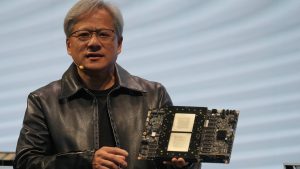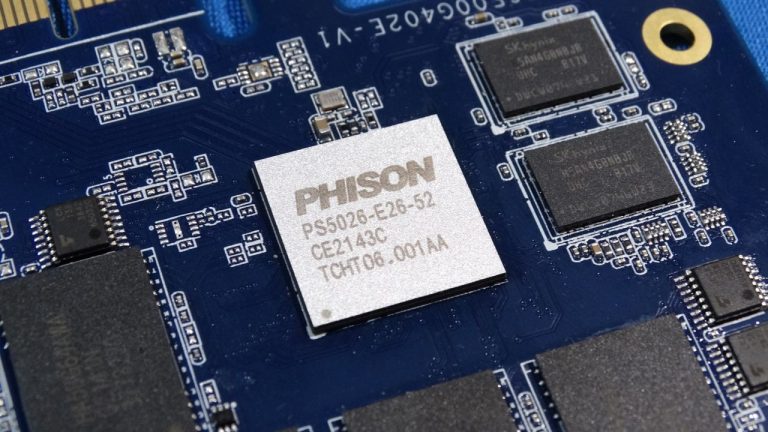Apple has long been cozy with TSMC, the manufacturer of the chips that end up in ever-popular iPhone, iPad and Mac products. When you’ve got as much cash on hand as Apple does, it puts it in a favorable position to negotiate deals with the Taiwan-based chipmaker. Now it is reportedly seeking to lock in 100% of TSMC’s bleeding edge 2nm production capacity, giving it a competitive advantage when products eventually make their way to the market.
According to 9to5mac (via Extreme tech), Apple’s chief operating officer met with TSMC bosses to negotiate terms to secure 2nm capacity. The report cites ‘local sources’, so there needs to be a pinch of salt here, but given Apple’s track record of locking up TSMC’s capacity, this would certainly come as no surprise.
TSMC’s 2nm process is currently scheduled to enter risk production in 2025, with volume production set for the second half of 2025. That means the upcoming iPhone 16 family with A18 chips will stick with 3nm, but it could mean the high end iPhone 17 Pro and Max could be the first in line to be built with 2nm technology.
The specifics of deals between TSMC and its customers are obviously not made public, but it is widely accepted that Apple booked all of TSMC’s 3nm capacity, at least for a period of time. These chips, including the A17 and M3 families made their way into the latest generation iPhone 15 Pros and MacBooks. That would make Apple’s 2nm play unsurprising.
(Image credit: Future)
Best gaming monitor: Pixel-perfect panels for your PC.
Best high refresh rate monitor: Screaming quick.
Best 4K monitor for gaming: When only high-res will do.
Best 4K TV for gaming: Big-screen 4K gaming.
It’s easy to see why Apple would attempt to secure the maximum amount of 2nm capacity. It will give it an advantage over its competitors, as 2nm chips will allow Apple to pack in more transistors into a given area, leading to better performance or lower power consumption—if not both.
Samsung has its own manufacturing capacity, and future Exynos chips will be built in-house, but 2nm Snapdragon and possibly Google Tensor chips may have to wait in line behind Apple. Even mega-companies such as Google and Qualcomm don’t have the cash on hand to outbid big daddy Apple.
It’s not just Arm competitors that will be disadvantaged. Nvidia will want every possible power and performance advantage it can get as it dominates the market for AI processors, while AMD will also have to wait for access to the best nodes. Even Intel could find itself at a disadvantage given some of the tiles for its chips are manufactured by TSMC.
If Apple has indeed opened its checkbook to secure 2nm capacity, it’ll mean future iPhones, iPads and MacBooks are likely to be excellent performers, but they’ll be expensive. Not that we expected anything less from Apple’s flagship products.












